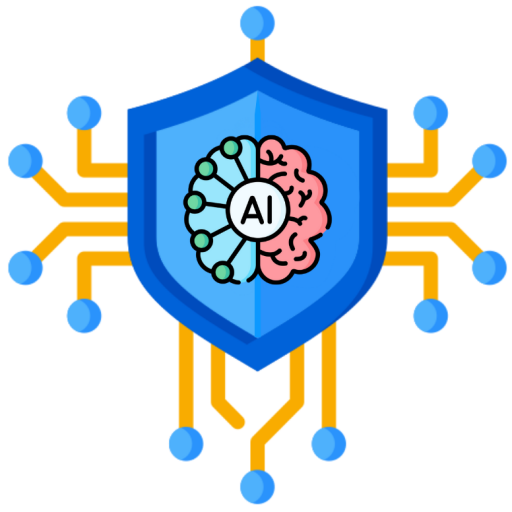Volume no :
9 |Issue no :
2Article Type :
Scholarly ArticleAuthor :
Prof P.T.Talole, Mr.Ajay.S.Ingle, Mr.Nilesh.M.Jadhav, Mr.Samyak.G.Sonone, Miss.Divyani.V.PatilPublished Date :
June, 2025Publisher :
Journal of Artificial Intelligence and Cyber Security (JAICS)[1] Kumar, R. (2019). Ethical hacking: Concepts, tools, and techniques. Cybersecurity Journal, 12(3), 45-58..
[2] Khan, M. K., & Khan, I. (2016). “Ethical Hacking: A Comprehensive Guide to Secure Networks.” This paper discusses the significance of ethical hacking in protecting network security. [3] Stallings, W., & Brown, L. (2012). “Computer Security: Principles and Practice.” This book provides a solid foundation in the principles of cybersecurity, including ethical hacking methodologies.
[4] Mason, J. B. (2019). “Understanding the Ethical Hacker.” International Journal of Information Security, 18(5), 435-444. This article examines the ethical implications and responsibilities of ethical hackers in cybersecurity.
[5] Cappos, J., & Gutterman, S. (2015). “Ethical Hacking: A Risky Business.” IEEE Security & Privacy, 13(6), 76-79. This article discusses the risks and rewards associated with ethical hacking practices.
